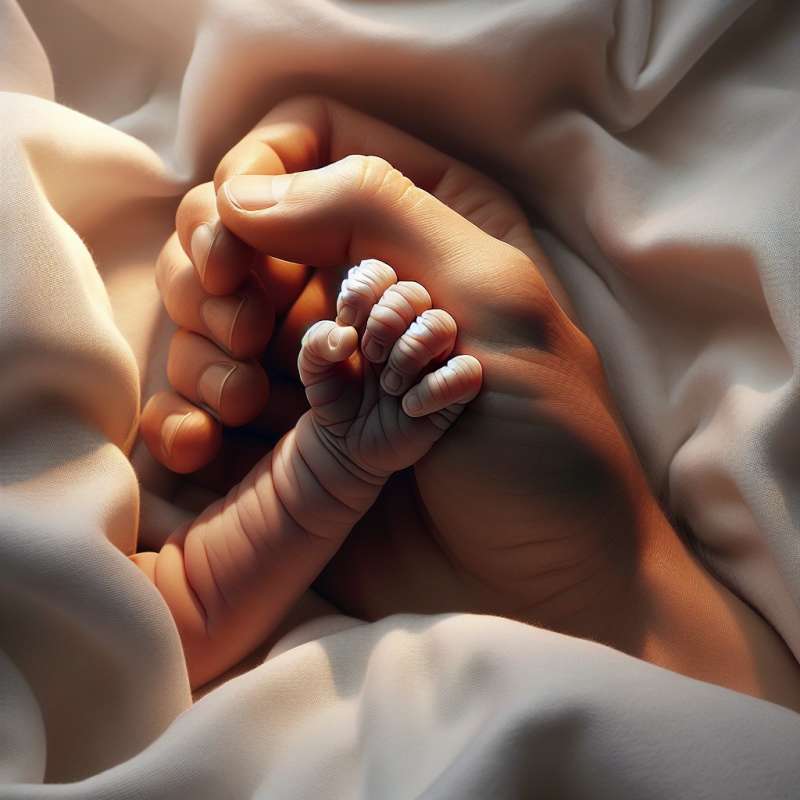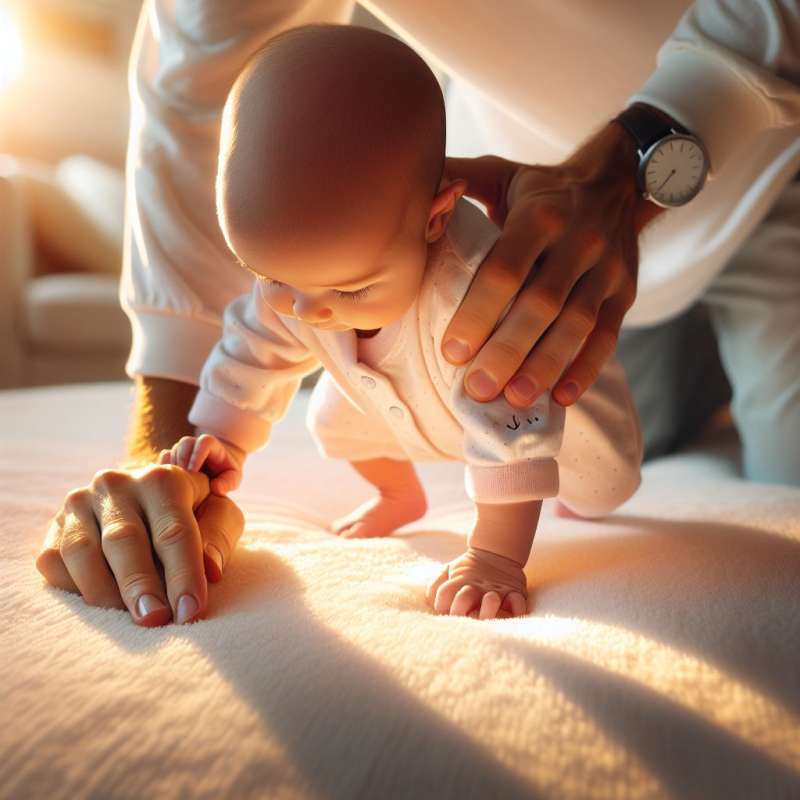
Understanding Newborn Reflexes
Reflexes are involuntary movements or actions newborns are born with. They help identify normal brain and nerve activity. Some disappear within a few months, while others transform into voluntary behaviors.
Rooting Reflex Explained
The rooting reflex occurs when a baby's cheek is stroked. The baby will turn towards the touch, open the mouth, and search for the nipple. This reflex is crucial for successful breastfeeding and usually fades by 4 months.
Moro Reflex Significance
Triggered by a sudden lack of support or a loud sound, the Moro reflex causes a baby to fling arms out sideways, palms up, then retract them. It's an evolutionary protection mechanism, disappearing at around 5 to 6 months.
Grip Strength of Newborns
A baby's grasp reflex is surprisingly strong. When an object touches the palm, a baby will automatically close the hand and grip firmly. This reflex is a primitive one, hinting at our evolutionary past, and typically fades around 5-6 months.
Babinski Reflex Mystery
Stroking the sole of a baby's foot causes toes to spread out and the big toe to move upward. Known as the Babinski reflex, its exact purpose remains a mystery but is a sign of proper neurological development and usually disappears by 2 years of age.
Stepping Reflex Insights
The stepping reflex is present at birth and disappears around 2 months. When held upright with their feet touching a flat surface, an infant will attempt to walk. This reflex indicates potential future walking ability and neurological maturity.
Startle Reflex Evolution
The startle reflex, often mistaken for the Moro reflex, is the baby's response to a sudden noise or movement. It involves the baby crying out and pulling in the arms. It's thought to be a developmental precursor to the adult startle response.Newborn Grips are Monkey-Like
Newborns can grip so strongly that they can support their own weight for a short period, a trait inherited from our primate ancestors.
What identifies normal brain activity?
Babinski reflex disappearance
Involuntary newborn reflexes
Voluntary behaviors in babies
Company